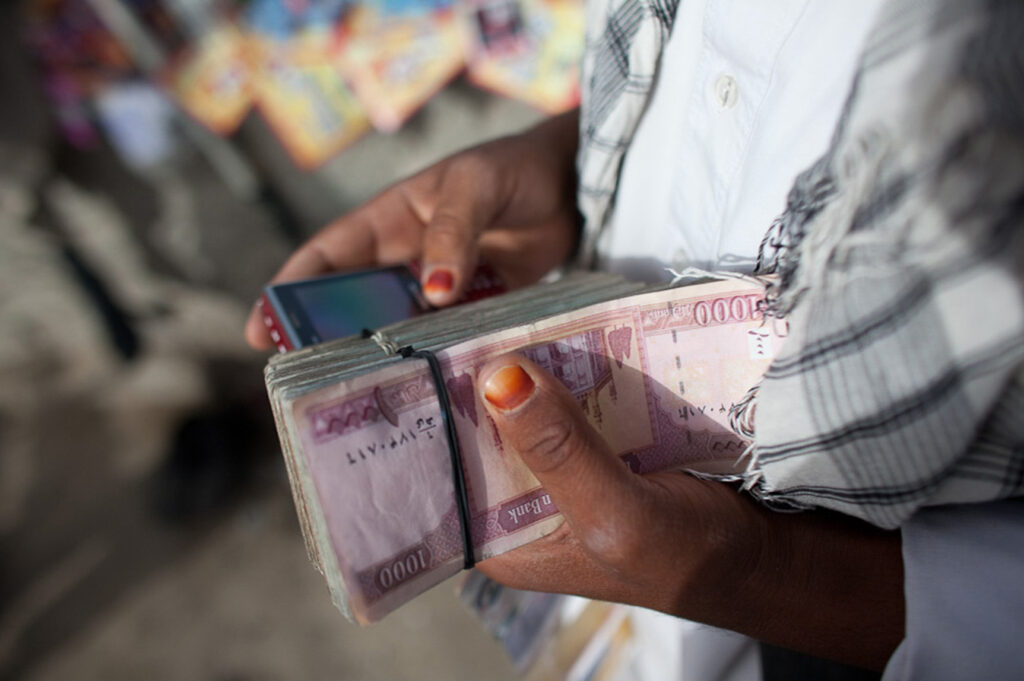FATF in the Middle East and North Africa
Addressing Nonprofit Restrictions Related to AML/CFT Regulations
PUBLISHED: NOVEMBER 2022
The Financial Action Task Force is the main inter-governmental organization that sets international standards around the enforcement of legal and regulatory measures against money laundering and the financing of terrorism (AML/CFT). FATF has issued 40 recommendations to its more than 190 member countries, and access to certain international markets is conditional on compliance. Recommendation 8 focuses on measures that protect nonprofit organizations (NPOs) that are vulnerable to money laundering and terrorist finance abuse. Specifically, it instructs member countries to take a risk-based approach, comprising of focused and proportionate measures, to address NPO vulnerabilities. For example, this approach would treat low-risk funding sources, such as funding from reputable foreign governments, institutional donors, or inter-governmental organizations, as equivalent to domestic financing rather than high-risk sources like check cashing facilities or gem mining.
Nonetheless, countries across the region continue to impose disproportionate and burdensome regulations on the nonprofit sector in the name of FATF compliance. While some restrictive regulations may be misguided attempts to comply with requirements, citing AML/CTF concerns is also a politically expedient way to justify restrictive legislation and stifle civic space.
As a best practice, governments should consult civil society to evaluate NPO risk and develop proportionate, targeted regulations. Doing so is in the government’s best interest since these disproportionate measures impact the country’s compliance rating. For example, in October 2021, FATF added Jordan to its “gray list,” i.e., a jurisdiction under increased monitoring. To be removed from the list, Jordan must address strategic deficiencies in its AML/CFT system, including adopting a risk-based approach. Jordan has been making progress, and getting off the grey list will help the country avoid a negative impact on foreign direct investment, international trade and foreign currency inflows, and potential downgrading of business ratings by rating agencies.
ICNL’S FATF WORK IN THE MENA REGION
With support from the Ford Foundation, ICNL launched a project from February 2020 through October 2022 to address FATF and AML/CFT issues related to nonprofit operations in three countries: Jordan, Tunisia, and Lebanon. ICNL also facilitated regional exchanges and peer learning between the three countries to address common challenges and build on successes.
Jordan
ICNL and our local partner, Al Hayat Center for Civil Society Development, worked with the government and nonprofits to carry out a sector risk assessment to better understand which types of organizations are vulnerable to terrorism financing. The assessment, published in early 2022, found little evidence that terrorist financing is a significant risk for most NPOs in Jordan. Among other things, it recommended that Jordan develop a mechanism identifying and scoring risk, incorporate a risk-based approach into regulators’ policies and procedures for overseeing nonprofit activities, improve coordination and information sharing within the government, and significantly expand regulators’ outreach and capacity building programs for NPOs. Implementing these and other recommendations will be a key next step in Jordan’s removal from the “gray list,” a designation by FATF indicating the country is currently under increased monitoring. Read the final risk assessment here (also available in Arabic).
Tunisia
ICNL and our partner Al-Kawakibi Democracy Transition Center (KADEM) worked to prevent new restrictions on nonprofits that the government claimed were to address AML/CFT concerns. While Tunisia was judged as “compliant” with Recommendation 8 in 2019, this changed in subsequent years. The government withheld the results of an NPO sector risk assessment conducted in 2019, despite requests by the sector to see the results and address the recommendations. In 2021, the government began drafting a more restrictive associations law to replace the relatively enabling Decree 88, citing AML/CFT risks and other issues. In response, ICNL and KADEM worked to raise awareness about FATF and Recommendation 8 through a workshop for NPOs and government representatives and an online awareness campaign. Following these efforts, the draft associations law stalled.
Lebanon
ICNL and our partners helped build NPO and government capacity on AML/CFT and FATF-related issues. With training and support from ICNL and KADEM, Lebanese partner SEEDS for Legal Initiatives published a report on AML/CTF regulations in Lebanon. Using the report, they trained nonprofits on FATF and Recommendation 8, best practices in regulating the sector, and practices NPOs can implement to reduce their vulnerability to terrorist financing.
Throughout this project, we have worked alongside our local partners, who have become leaders on AML/CFT issues. Regionally, ICNL has facilitated the exchange of knowledge and experience among partners, such as supporting our Tunisian partner in training our Lebanese partner on FATF. Our partners have created a platform to share advocacy techniques, analysis, and other key information through the project.

Sign up for our newsletters
Sign up